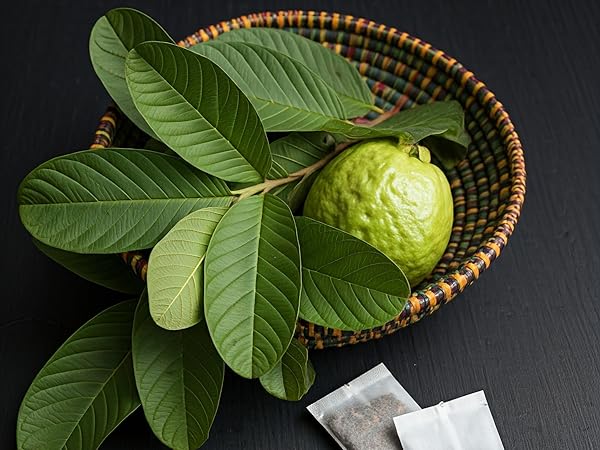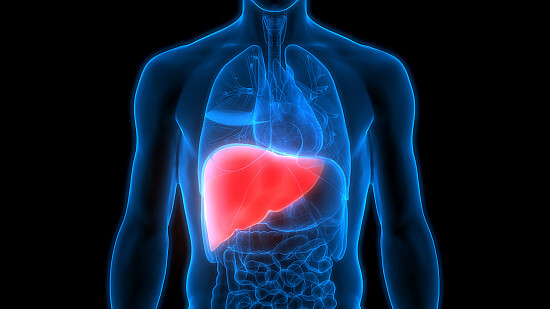Women's sense of smell may influence their social life: study
Fri 24 Mar 2017, 12:04:59

Your social life may be linked to how well your sense of smell functions, say scientists who found that older women who perform poorly in odour identification test tend to have fewer friends.
Researchers from Monell Chemical Senses Centre, a non-profit research institute in the US, analysed data collected from about 3,005 adults between the ages of 57 and 85, the data included odour identification test scores as well as information about participants' social lives.
They then compared each participant's odour identification score, an established measure of olfactory function, with an aggregated "overall social life" score, which included measures such as participants' number of friends and close relatives, and how often they socialised.
The data was adjusted to control for possible confounding variables, including education level, tobacco use, as well as physical and mental health status.
The findings showed a clear link between an older woman's olfactory ability and her overall social
life score.Women with good olfactory ability tended to have more active social lives while those with diminished olfactory function were associated with a poorer social life score, researchers said.
life score.Women with good olfactory ability tended to have more active social lives while those with diminished olfactory function were associated with a poorer social life score, researchers said.
"We know that social interactions are closely linked to health status, so older women who have a poor sense of smell may want to focus on maintaining a vital social life to help improve their overall mental and physical health," said Sanne Boesveldt, from Monell Chemical Senses Centre.
The researchers did not find the same association between olfactory function and social life in older men."This intriguing sex difference could suggest that smell training, which has been shown to improve a reduced sense of smell in both men and women, may have an additional beneficial function in older women by helping to restore both the sense of smell and by extension, social well-being," said Johan Lundstrom of Monell Chemical Senses Centre.
The study was published in the journal Scientific Reports.
No Comments For This Post, Be first to write a Comment.
Most viewed from Health
AIMIM News
Latest Urdu News
Most Viewed
May 26, 2020
Do you think Canada-India relations will improve under New PM Mark Carney?
Latest Videos View All
Like Us
Home
About Us
Advertise With Us
All Polls
Epaper Archives
Privacy Policy
Contact Us
Download Etemaad App
© 2025 Etemaad Daily News, All Rights Reserved.






























